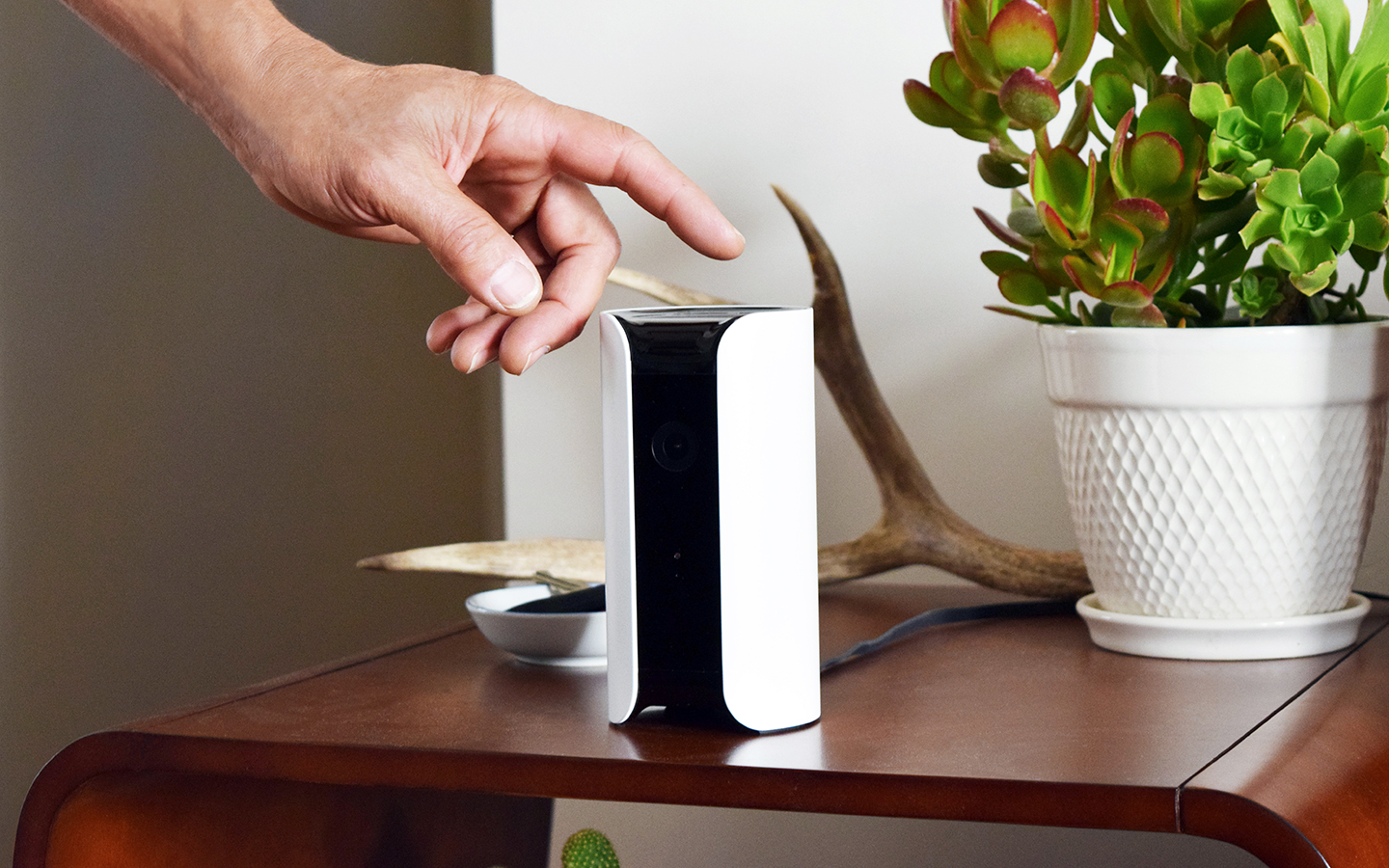Staying Safe While You’re Traveling: Spring Break Edition

Last spring, two of my friends got married in Cancún, Mexico. As I boarded my return flight to New York City, I noticed a young woman crying in the seat in front of me. She appeared to be with her husband. A few minutes later, the flight attendant paid the couple a visit. “We will bring you back to New York City free of charge. I’m so sorry about this,” she whispered.
I later learned that the couple happened to be newlyweds, en route to Cancún for their honeymoon. They were denied access into Mexico at immigration. They were not smuggling any illegal goods. They had all of the necessary paperwork.
Or so they thought.
These honeymooners, like many travelers, weren’t aware that their US passports would need at least 6 months of validity in order to clear immigration.
Avoiding common travel pitfalls is easier than it may seem. When it comes to personal security — whether in your city or while traveling — asking yourself the following questions can go a long way.
Plan ahead
Spend some time familiarizing yourself with the lay of the land and review local conditions before your trip. A good place to begin your research is on the U.S Department of State Travel website.
- What type of visa (if any) will you need?
- Have you made arrangements for an airport pick up? Consider requesting the name and a photograph of the driver in advance of your trip.
- What kinds of transportation are the safest for getting around town (taxi, car service, train, walking, etc.)? For instance, in some countries it is safe to take a taxi from the airport, but in others it is often not recommended.
- Are there any upcoming elections that may result in demonstrations or protests? Keep up with current events throughout your trip as political and security conditions can change rapidly.
- Have you made photocopies of your passport, visa and credit cards? Make sure to have two copies of these – one set for you as a backup and another with a trusted friend or relative back home.
- Have you prepared your home for your absence? (We’ll provide some tips in a future blog post on how to secure your home when you’re traveling).
Keep a low profile
Learn what is considered appropriate behavior and dress in your destination city. If you’re having trouble finding out, check with your local contact or hotel for advice.
- Will your clothing and jewelry make you stand out? When traveling, it’s best to dress to blend in: casually, modestly and comfortably.
- Does your luggage tag display your personal information? Consider putting only your first name and a phone number. Even better, include your full name and destination address on a tag inside your bag.
- Will you be visiting local attractions? Exercise caution in crowded, touristy places.
- Planning to hike in the woods? Avoid going into desolate or remote areas alone.
- Need directions on how to get around town? Figure out where you’re going ahead of time. Walking around with a map is a sure sign that you’re not a local. If you do need directions, ask a police officer or go into a hotel or restaurant.
Maintain communications
Inform someone of your itinerary and check in regularly. Consider signing up for the Smart Traveler Enrollment Program (STEP), which allows you to provide information about your international trip so the Department of State can better assist you in an emergency.
- Where are you going? When will you arrive at your destination? When do you anticipate returning? It’s a good idea to let someone else know of your plans in case of an emergency.
- Will your phone work in the city/country you will be visiting? Check with your mobile provider to make sure your plan covers international usage. If not, look into an international SIM card from sites like Telestial.
- Who will you call if something goes wrong? It’s a good idea to pre-program emergency numbers and in-country contacts (such as your embassy) in your phone. Keep a hard copy of this information as well.
No matter where your travels take you this spring break (or honeymoon), a little planning can be the difference between being stuck in immigration, or kicking back on the beach for some much needed relaxation.

You must be logged in to post a comment.